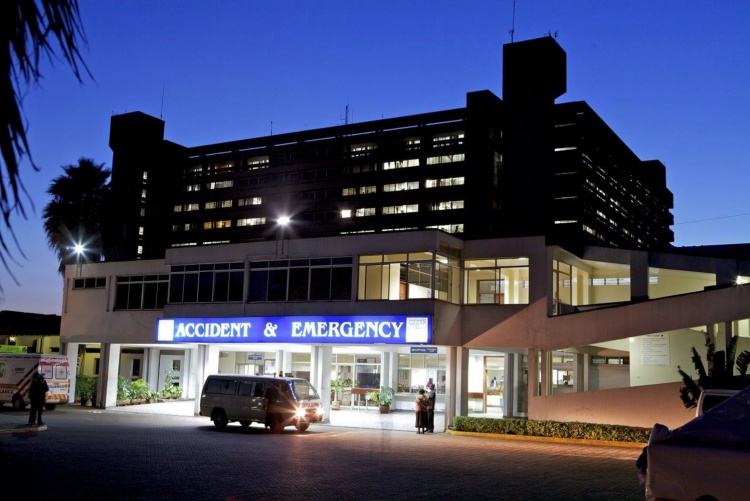The bulk of the losses, Ksh459.2 million, stem from the defunct National Hospital Insurance Fund (NHIF). Although the hospital renegotiated its agreement in July 2022 to include more claimable services, the financial haemorrhage persisted.
According to the audit, KNH is trapped in a cycle where treatment costs for insured patients far exceed NHIF’s reimbursement rates. The result is that the hospital absorbs the deficit each year. Alarmingly, this shortfall rose by 17% compared to the previous financial year, signalling worsening sustainability problems.
The government’s Linda Mama initiative, which provides free maternity care, has also left KNH in a financial quagmire. The hospital received only Ksh17,500 per delivery, yet actual costs, especially when complications and neonatal care are involved, can exceed Ksh100,000.
Even after a 2017 review that allowed KNH to claim an additional Ksh4,000 per day for complicated deliveries, the package still falls short. The result was an annual loss of Ksh21.9 million, bringing the cumulative Linda Mama deficit to Ksh219.2 million.
Beyond contract losses, the Auditor General raised red flags over mega projects that remain incomplete years after their launch.
Paediatrics Emergency and Burns Management Centre
Initially budgeted at Ksh2.99 billion, the project cost has ballooned to Ksh3.4 billion due to delays and interest on unsettled claims. The original completion date of August 2020 lapsed, and even after loan agreements were extended to July 2024, there is no evidence of further extensions. The audit concludes that “value for money could not be confirmed.”
Medical Oxygen Generating Plant
Started in May 2022 at a cost of Ksh365.7 million, the facility was due in November the same year. Two years later, by December 2024, the project remained unfinished. Worse still, the contractor failed to renew a performance bond and advance payment guarantee, placing KNH in direct breach of the Public Procurement and Asset Disposal Act, 2015.
The findings paint a grim picture of KNH’s financial health. Loss-making contracts, inadequate government reimbursements, project delays, and weak oversight mechanisms have combined to erode confidence in the management of the country’s premier referral hospital.
Unless urgent reforms are undertaken, including a review of reimbursement tariffs and stricter enforcement of procurement laws, KNH risks sliding further into financial instability, undermining its capacity to deliver quality healthcare to Kenyans.
[/full]





